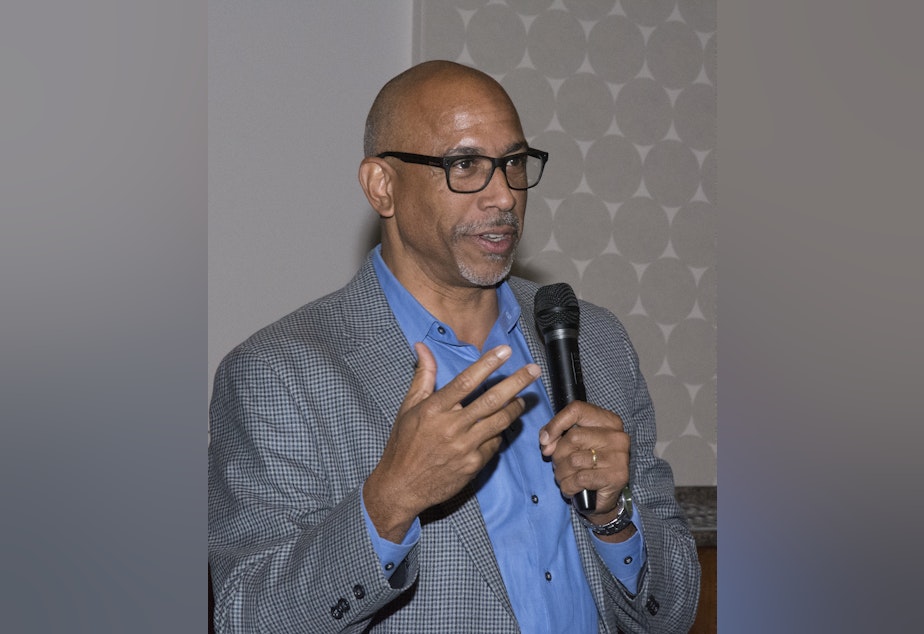Equity and deeper learning in public education. What works?

Every three years the Organization for Economic Cooperation and Development (OECD), made up of the world’s richest countries, publishes an international student assessment. They test 15-year-olds for comprehension in reading, math and science.
One goal is to understand which countries have the most successful education programs and why. In 2015 the United States ranked 25 out of 72 countries.
Why does one of the world’s wealthiest countries perform so poorly by international standards? Why is our system so relatively ineffective, and what might be done to improve achievement?
Pedro Noguera has thought about these questions on many levels. He teaches at the Graduate School of Education and Information Studies at UCLA, where he researches education, social justice and public policy. His books include, “City Schools and the American Dream, Unfinished Business: Closing the Achievement Gap in Our Nation’s Schools” and “The Trouble With Black Boys … and Other Reflections on Race, Equity and the Future of Public Education.” His most recent book is “Excellence Through Equity.”
Noguera spoke on “Equity and Deeper Learning” as part of The University of Washington’s Graduate School lecture series “Equity & Difference: Privilege.” His talk took place at UW’s Kane Hall on January 10.
Sponsored
Listen to the full version below:

